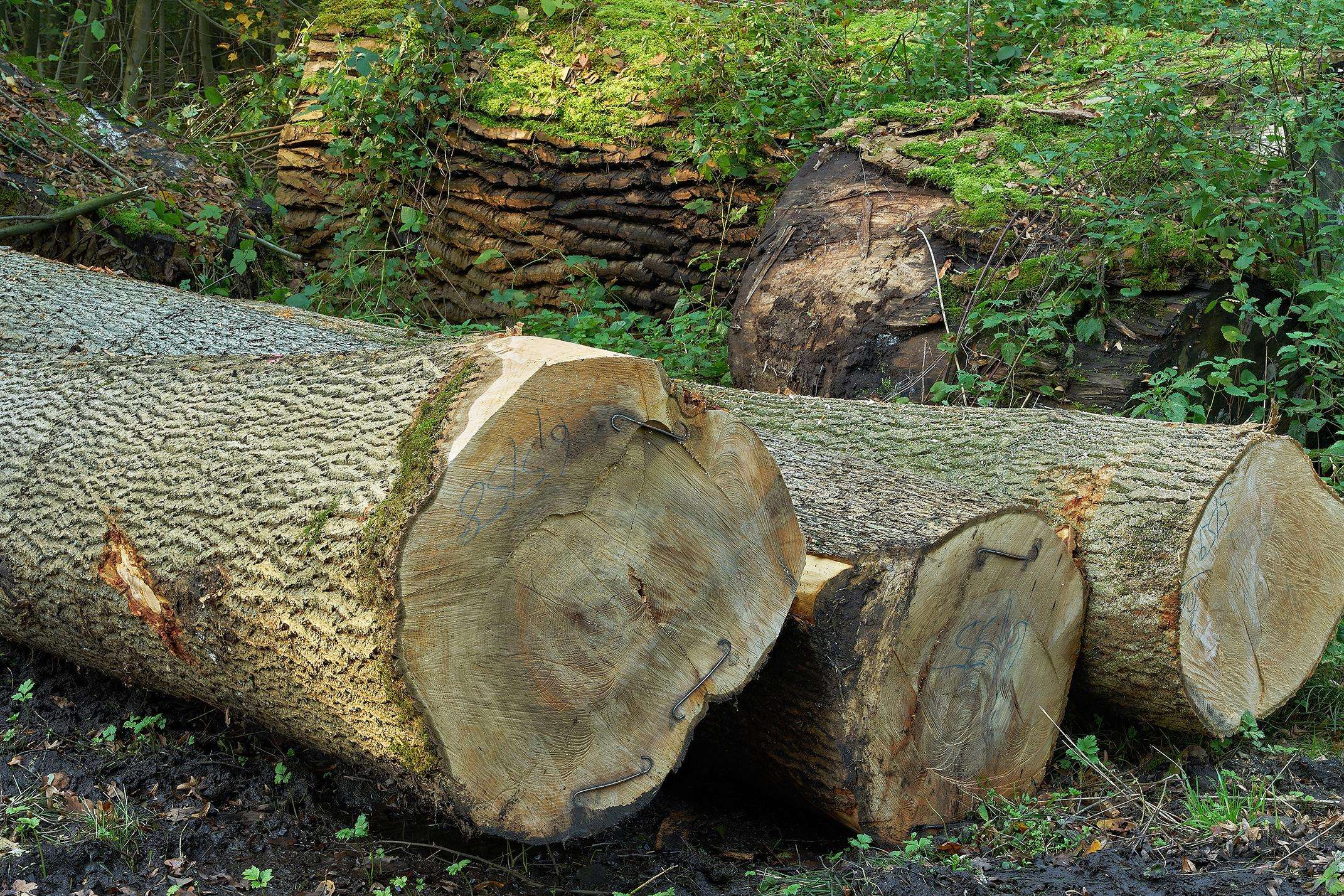We are providing further information in connection with the initial court action that was filed to challenge the assessment of Section 301 List 3 and List 4A duties on goods from China. To date over 3,500 actions have been filed in the Court of International Trade (CIT) to challenge assessment of the List 3 and 4A tariffs. We expect this number to grow as additional companies file cases, in particular companies that primarily paid duties on List 4A goods. September 21, 2020 was initially identified as a deadline for filing lawsuits to challenge the tariffs as that marked the two year date from which the USTR announced the List 3 tariffs. However, it can be argued that the two-year deadline to file a lawsuit (the statute of limitations) runs from the date tariffs are paid, or even from the date of liquidation of those entries, and not from the date the USTR announced the List 3 tariffs on September 21, 2018. This conclusion on the statute of limitations is based upon prior court decisions in similar cases, which we believe the CIT should apply in the current cases challenging the List 3 and List 4A tariffs. Thus, it is still possible to file lawsuits challenging the List 3 and List 4A tariffs.
Most entries of List 3 products would not have liquidated prior to mid-2019, which means that List 3 importers should still be able to file timely lawsuits if the court determines that the statute of limitations runs from dates of entry liquidation. Duties for List 4A goods were not announced until August 1, 2019, and were not imposed until September 1, 2019, so importers have adequate time to file cases to recover List 4A duty payments if they have not done so already.
Procedurally, the Department of Justice (DOJ), which represents the government in these cases, has requested the court to implement a plan to manage this huge number of lawsuits to avoid the need to have every case litigated individually at this time. The DOJ has asked the court to designate a lead case (the initial case filed) and stay the remaining cases pending a decision in the lead case. In addition, the DOJ has suggested that a steering committee of attorneys be established to assist the court in managing the litigation of the lead case and the additional cases that have been filed. The DOJ has suggested that our firm be one of the members of the steering committee. Our firm will be actively involved in working with the attorneys for the lead plaintiffs to present the most advantageous arguments for our clients. We will be monitoring and responding to all procedural developments and will be assisting in management of all cases stayed pending the outcome. If these efforts prove to be successful for the lead plaintiffs, then we anticipate that the other cases filed by our firm for our clients will benefit from that success.
We anticipate that the DOJ may seek dismissal of the lead case and assert that the USTR decision to impose the tariffs is not subject to review by the courts. If the court rejects such an argument, the case will move forward through certain procedural steps and the plaintiffs and the DOJ will then submit cross motions to the court for summary judgment. A lawsuit of this nature will typically not involve a full trial in court. Because of the magnitude of this case, it is likely that any decision from the CIT will be appealed to the Court of Appeals for the Federal Circuit, and possibly to the U.S. Supreme Court. This process should take 2-3 years.
Some importers have asked whether they should immediately begin filing protests within 180 days of the liquidation of all entries on which List 3 or 4A tariffs have been paid. Based upon prior court precedent, and the position taken by the DOJ in previous similar cases, it is our view that the CIT has the authority to require CBP to issue refunds on liquidated entries in a case of this nature, even if no protest was ever filed. Our view is also based on the fact that CBP has no authority to decide whether the Section 301 tariffs are lawful. In other words filing a protest would be a futile act which is not required by law. We are working directly with the DOJ to resolve any doubt as to the court’s authority to order refunds on liquidated entries if the case is ultimately successful. This process may take several weeks or longer. Until the DOJ’s position is confirmed, importers should consider filing protective protests on liquidated entries. This would be the most conservative approach to prevent finality of liquidation. In addition, importers should consider requesting CBP to extend liquidation on affected entries that are currently unliquidated. Our firm is available to assist our clients in this process and to answer any questions.
In order to file protests, you will have to provide us with a report of all entries of goods covered by List 3 and list 4A along with relevant customs entry data (date of entry, HTS, value, duties paid, date of liquidation, etc.). If you are unable to obtain an entry report from your customs broker we are available to assist you in obtaining reports from CBP. Copies of entry documents must be retained and may be required in future court proceedings. We urge you to retain all of these records in the event that we may need them later for your proof of claim.
We are always available to answer any questions that you may have.




